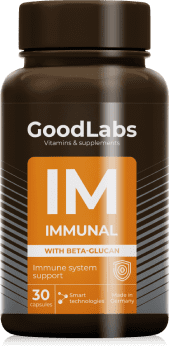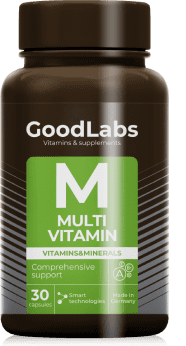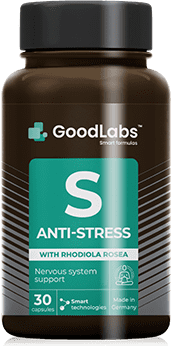Free shipping on orders over €50!
- Home
-
Products
Smart formulas of formulas for your health
- About
- Ingredients
- Knowledge
- Contacts
0

2
Immunal
With Beta-Glucan
€47.99

1
Immunal
With Beta-Glucan
€25.99
Сумма заказа
€73.98

